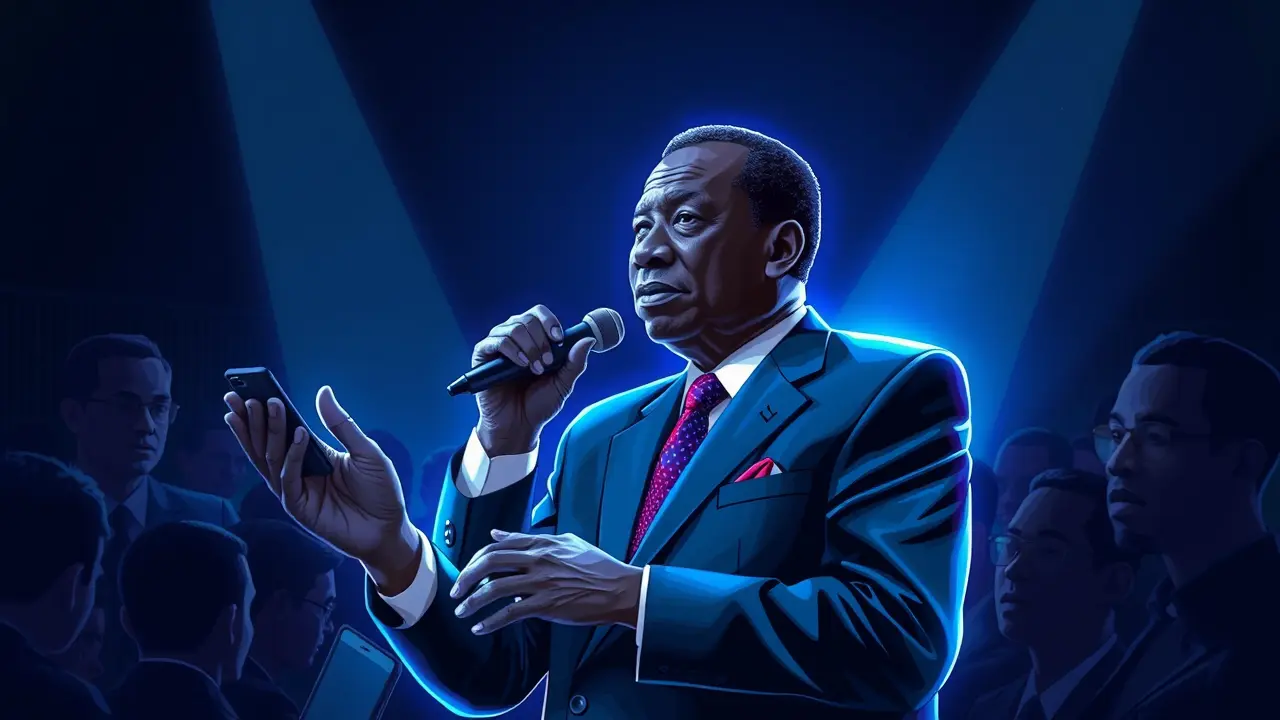Cameroon's Biya Seeks Young Vote as Oldest President.
In the high-stakes arena of Cameroonian politics, a seasoned campaign veteran would recognize President Paul Biya’s recent overtures to young voters not as a spontaneous shift in strategy, but as a calculated maneuver straight from the political war room's playbook. At 91, having held power for over four decades, Biya is Africa's second-longest-serving head of state, a figure whose tenure predates the birth of the vast majority of the electorate he now courts with promises that 'the best is yet to come.' This isn't merely a slogan; it's a strategic pivot in a demographic battle where over 60% of Cameroon's population is under the age of 25, a youth bulge that is increasingly restless, connected, and hungry for change. The political calculus is stark: secure the youth vote or risk ceding the future.Biya’s campaign machinery, a well-oiled apparatus that has navigated numerous electoral battles, is now deploying a multi-pronged offensive. We see the rollout of digital engagement platforms, promises of enhanced economic opportunities, and a narrative reframing that positions experience as an asset rather than a liability.Yet, this messaging operates in direct opposition to a powerful, grassroots counter-narrative pulsating through university campuses and social media channels—a fervent hunger for 'young blood,' a demand for leadership that mirrors the demographic reality of the nation and is unburdened by the legacy of a political establishment many view as stagnant. This isn't just an election; it's a generational showdown.The opposition, though fragmented, has seized upon this generational discontent, framing the upcoming election as a historic choice between a past-defined continuity and a future-oriented rupture. They point to systemic issues like rampant youth unemployment, which officially sits near 7% but is believed to be far higher in reality, and a perceived lack of upward mobility as evidence that the old guard has failed to deliver.The strategic risk for Biya is profound. If his charm offensive is perceived as insincere—mere lip service without substantive policy shifts—it could backfire spectacularly, galvanizing the youth vote into a unified bloc against him.Conversely, if he can successfully co-opt the language of change and couple it with tangible, immediate benefits for young Cameroonians, he could effectively neutralize his most potent threat. Political analysts are watching the deployment of state resources, the rhetoric at rallies, and the government's ability to manage simmering socio-economic tensions in the months leading to the poll.The media war is equally critical; how this narrative plays out on WhatsApp, Facebook, and TikTok—platforms dominated by the youth—will be as decisive as any traditional campaign rally. The ultimate question is whether a political institution built over decades can reinvent itself in real-time to survive a demographic revolution, or if the pent-up demand for a new generation of leaders will finally reach a tipping point, reshaping Cameroon's political landscape for generations to come.
It’s quiet here...Start the conversation by leaving the first comment.
© 2025 Outpoll Service LTD. All rights reserved.
